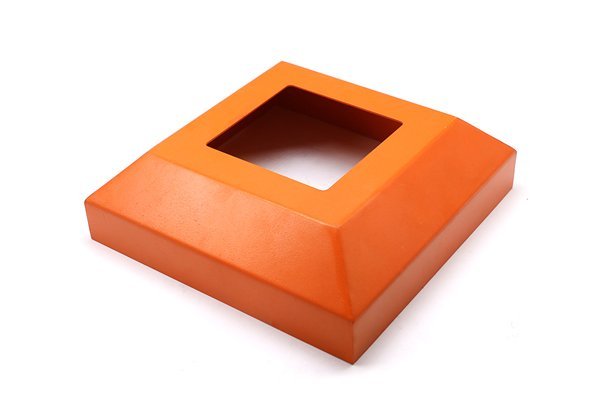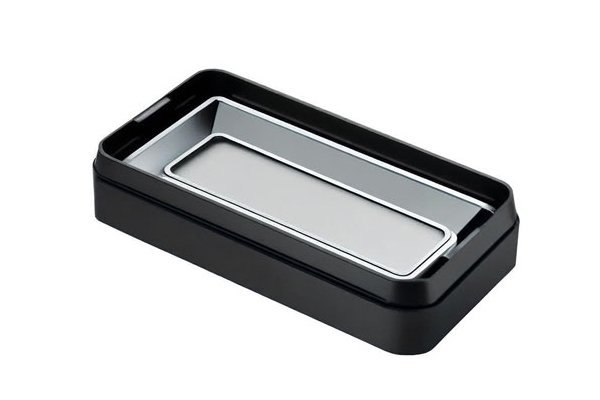Did you know that the global CNC machining market was valued at over $62 billion in 2022, and it is projected to continue to grow at a steady pace? This growth highlights the increasing reliance on CNC machining across various industries, including aerospace, automotive, medical, and electronics, among others. As businesses strive to produce high-quality parts with precision and efficiency, the role of CNC machining manufacturers has become more critical than ever.
In this comprehensive blog, we will explore how CNC machining manufacturers support diverse industry needs, the challenges they face, the solutions they offer, and why their contribution is essential for sustaining technological and manufacturing advancements.
The Versatile World of CNC Machining
Understanding CNC Machining
CNC (Computer Numerical Control) machining is a manufacturing process that utilizes computer software to control machinery. This technology allows for precise control over complex operations, from milling, turning, and drilling to routing and grinding. CNC machining is known for its accuracy, repeatability, and efficiency, making it the go-to choice for a variety of industries where precision is paramount.
Industries Leveraging CNC Machining
How CNC Machining Manufacturers Meet Diverse Industry Needs
Tailored Solutions
One of the primary strengths of CNC machining manufacturers lies in their ability to provide tailored solutions. By closely collaborating with clients across diverse sectors, manufacturers can design and produce components that meet specific requirements such as:
Advanced Technology Implementation
The integration of advanced technologies has transformed CNC machining. These innovations not only enhance precision but also broaden the range of capabilities offered by manufacturers:
Quality Assurance and Compliance
CNC machining manufacturers must adhere to stringent quality assurance standards across industries. Their commitment to producing high-quality parts includes:

Cost-Effectiveness and Scalability
CNC machining services allow businesses to scale their operations without significant investment in equipment. Manufacturers offer competitive pricing depending on the volume of production. Here’s how they make it cost-effective:
Challenges Faced by CNC Machining Manufacturers
Keeping Up with Rapidly Evolving Technologies
The field of manufacturing is constantly evolving, with new technologies emerging frequently. CNC machining manufacturers face the challenge of staying up-to-date with these advancements to provide their clients with relevant and efficient solutions.
Skilled Labor Shortage
A significant challenge many manufacturers encounter is a shortage of skilled labor. As CNC technology becomes more advanced, a workforce trained in these complex systems is essential. Manufacturers must invest in ongoing training and development to ensure their teams possess the necessary skills.
Supply Chain Disruptions
Global supply chain disruptions, as seen in recent years, have severely impacted the ability to source materials needed for CNC machining. Manufacturers must explore reliable sources while also considering local sourcing options to mitigate such risks.
The Future of CNC Machining
Sustainability Efforts
As industries strive for sustainability, CNC machining manufacturers are also looking into eco-friendly practices, including:
Embracing Industry 4.0
The shift towards Industry 4.0—characterized by automation, data exchange, and manufacturing technologies—is reshaping the landscape of CNC machining. Manufacturers that embrace these technologies stand to gain a significant competitive edge.
Enhanced Customization
As customer needs become more refined, CNC machining manufacturers will need to provide additional customization options. The integration of advanced design software and agile manufacturing processes will support this shift, allowing them to respond to specific client demands more effectively.
CNC machining manufacturers play a crucial role in meeting the diverse needs of various industries by offering tailored solutions, advanced technology integration, quality assurance, and cost-effective production options. The challenges they face are significant but not insurmountable, especially with the continuing evolution of technology and a commitment to workforce development.
As manufacturing becomes increasingly complex and competitive, the importance of CNC machining manufacturers will only grow. They are the backbone of innovative production, ensuring that industries receive both precision-engineered components and adaptable services suited to their specific requirements.
Thinking about the role of CNC machining in your industry is crucial. Whether you’re in aerospace, automotive, medical, or any other field, understanding how these manufacturers can support your unique needs may very well determine your success in today’s fast-paced and technology-driven market.
Staying informed about the latest trends and practices in CNC machining not only enables you to make better strategic decisions but also positions you to leverage the full potential of this dynamic manufacturing process.
Related Posts
- What is the difference between plastic and metal feed rates in CNC machining, and how does it affect production?
- Title: How Does CNC Machining Ensure the Long-Term Geometric Accuracy of Parts After Machining?
- What is the processing efficiency of 7075 aluminum CNC machining compared to ABS plastic CNC machining?






